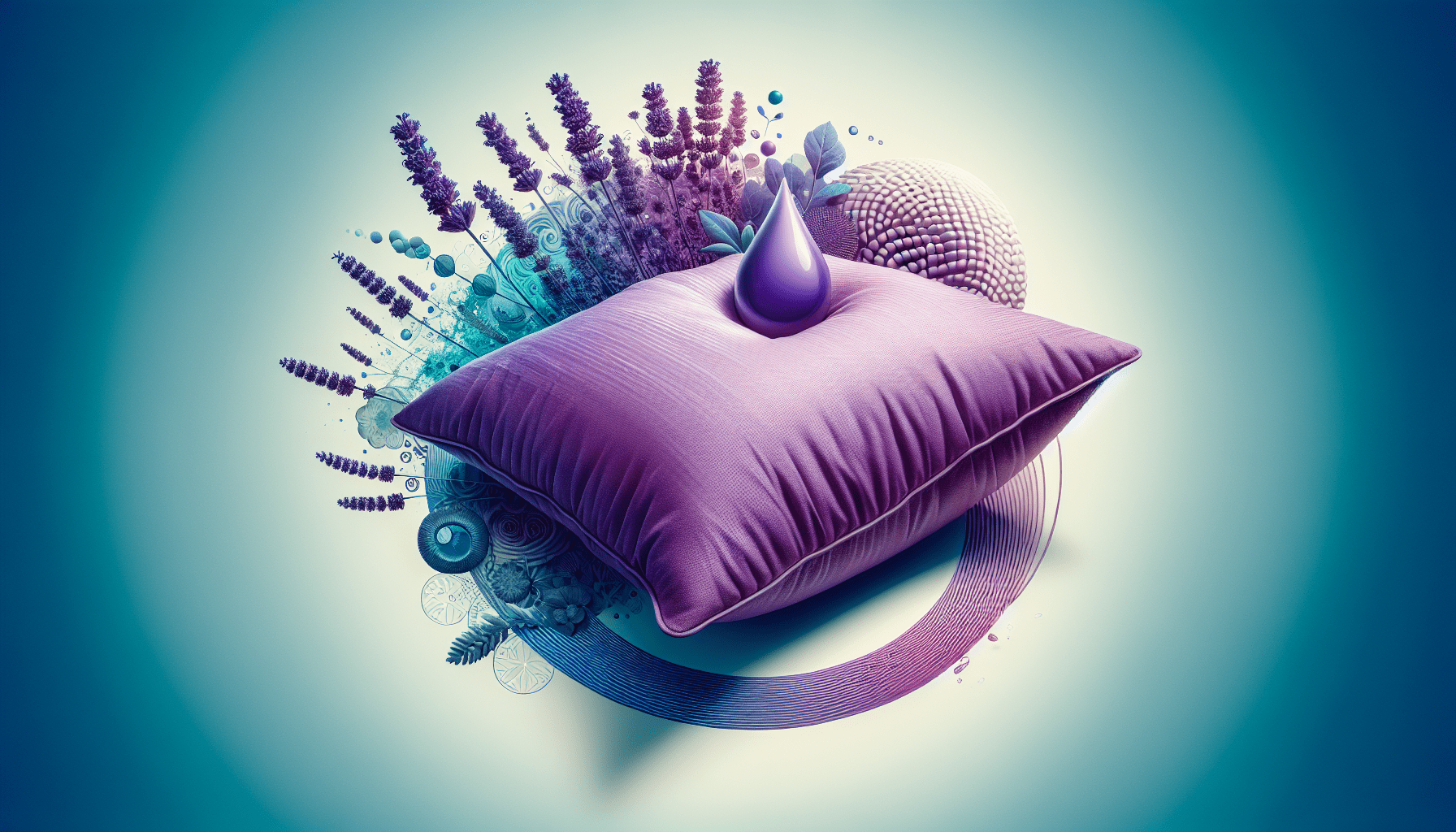Are you tired of your restless nights, constantly tossing and turning due to the discomfort of restless legs syndrome? Look no further! In this article, we will explore alternative treatments that may hold the key to relieving your symptoms and allowing you to finally get a good night’s sleep. Say goodbye to restless legs and hello to peaceful slumber as we delve into the world of non-traditional methods for managing this pesky condition.
Acupuncture
What is acupuncture?
Acupuncture is a traditional Chinese medicine technique that involves the insertion of thin needles into specific points on the body. It is based on the belief that the body has a flow of energy called Qi, and when this energy is blocked or imbalanced, it can lead to health problems. Acupuncture aims to restore the balance of Qi by stimulating specific points along energy pathways, known as meridians, to promote healing and alleviate symptoms.
How can acupuncture help with restless legs syndrome?
Acupuncture has been used as a complementary therapy for restless legs syndrome (RLS). It is believed to work by promoting the smooth flow of Qi and improving blood circulation, which can help relieve the uncomfortable sensations and restlessness associated with RLS. Additionally, acupuncture may stimulate the release of endorphins, which are natural pain-relieving chemicals in the body, providing further relief from RLS symptoms.

What are the potential benefits of acupuncture for restless legs syndrome?
Some potential benefits of acupuncture for restless legs syndrome include:
-
Reduced symptoms: Acupuncture may help alleviate the uncomfortable sensations, restlessness, and involuntary leg movements associated with RLS.
-
Improved sleep: By reducing RLS symptoms, acupuncture may help improve sleep quality and reduce the impact of sleep disturbances caused by the condition.
-
Stress relief: Acupuncture has a calming effect on the nervous system, which can help reduce stress and anxiety, both of which can exacerbate RLS symptoms.
-
Enhanced overall well-being: Acupuncture is a holistic therapy that aims to restore balance in the body. It may have broader benefits in terms of overall health and well-being, contributing to an improved quality of life for individuals with RLS.
What are the potential risks or side effects of acupuncture?
Acupuncture is generally considered safe when performed by a trained and licensed acupuncturist. However, there are some potential risks and side effects to be aware of:
-
Soreness or bruising: It is possible to experience minor soreness or bruising at the site of needle insertion. This is usually temporary and resolves on its own.
-
Infection: If the needles used in acupuncture are not properly sterilized, there is a risk of infection. It is important to ensure that the acupuncturist uses sterile, single-use needles.
-
Bleeding or hematoma: In rare cases, acupuncture may cause bleeding or the formation of a hematoma (a localized collection of blood) at the needle insertion site.
-
Punctured organs or tissues: Although extremely rare, there is a very small risk of acupuncture needles puncturing organs or tissues. This risk is minimized when performed by a skilled practitioner.
-
Dizziness or fainting: Some individuals may experience dizziness or fainting during or after acupuncture treatment. It is important to inform the acupuncturist if you have a history of fainting or if you feel lightheaded during the session.

How often should acupuncture be performed for optimal results?
The frequency of acupuncture sessions for restless legs syndrome may vary depending on individual needs and the severity of symptoms. Initially, a series of weekly or bi-weekly acupuncture sessions may be recommended to achieve optimal results. After the initial phase, the frequency of treatments may be gradually reduced to once every few weeks or once a month as symptoms improve. It is important to work with a licensed acupuncturist who can develop a personalized treatment plan based on your specific needs.
Are there any precautions or contraindications for acupuncture?
Acupuncture is generally safe, but there are some precautions and contraindications to consider:
-
Pregnancy: While acupuncture is generally considered safe during pregnancy, there are certain points that should be avoided or approached with caution. It is essential to inform your acupuncturist if you are pregnant or trying to conceive.
-
Bleeding disorders: Acupuncture involves needle insertion, which carries a risk of bleeding. Individuals with bleeding disorders or those taking blood-thinning medications may need to avoid acupuncture or proceed with caution. It is important to discuss your medical history with the acupuncturist before starting treatment.
-
Immune-compromised individuals: If you have a weakened immune system due to conditions such as HIV/AIDS or are undergoing chemotherapy, acupuncture should be done with caution to reduce the risk of infection.
-
Needle phobia: If you have a severe fear of needles, acupuncture may not be the most appropriate treatment option for you. It is important to discuss your concerns with the acupuncturist before starting treatment.
Are there any studies or research supporting the use of acupuncture for restless legs syndrome?
While the scientific research on acupuncture for restless legs syndrome is limited, some studies suggest that it may be a beneficial treatment option. For example, a study published in the Journal of Alternative and Complementary Medicine found that acupuncture provided significant relief from RLS symptoms and improved sleep quality in participants. Another study published in Sleep Medicine demonstrated that acupuncture had a positive effect on subjective sleep quality and daytime functioning in individuals with RLS. While more research is needed to establish the effectiveness of acupuncture for RLS, these studies provide promising results. It is always advisable to consult with a healthcare professional before starting any alternative treatment approach.
